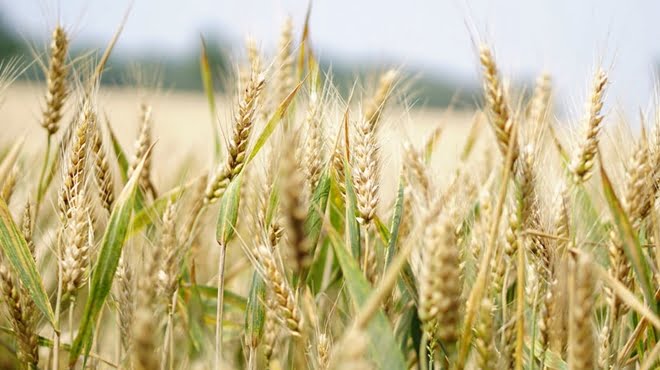Agriculture industry association AgriSA said on Monday that it was concerned about what it called the National Energy Regulator of South Africa’s (Nersa’s) reluctance to register small-scale embedded generator (SSEG) projects.
In a statement, AgriSA said that its members had the potential to supply the electricity needed to prevent future rolling blackouts, known as load shedding, through small-scale solar photovoltaic installations.
“It is unacceptable that farmers who want to do their part to relieve strain on the grid are not allowed to do so,” the chairperson of AgriSA’s Economics and Trade Centre of Excellence, Nicol Jansen, said.
According to a licensing exemption and registration notice gazetted in November 2017, SSEGs are exempt from licensing, but are required to be registered with Nersa.
“However, by failing to register SSEGs, Nersa is preventing completed SSEG projects to be connected to the grid,”
It said non-registration had been the status quo, despite Nersa approving a registration process at an energy regulator meeting last October.
